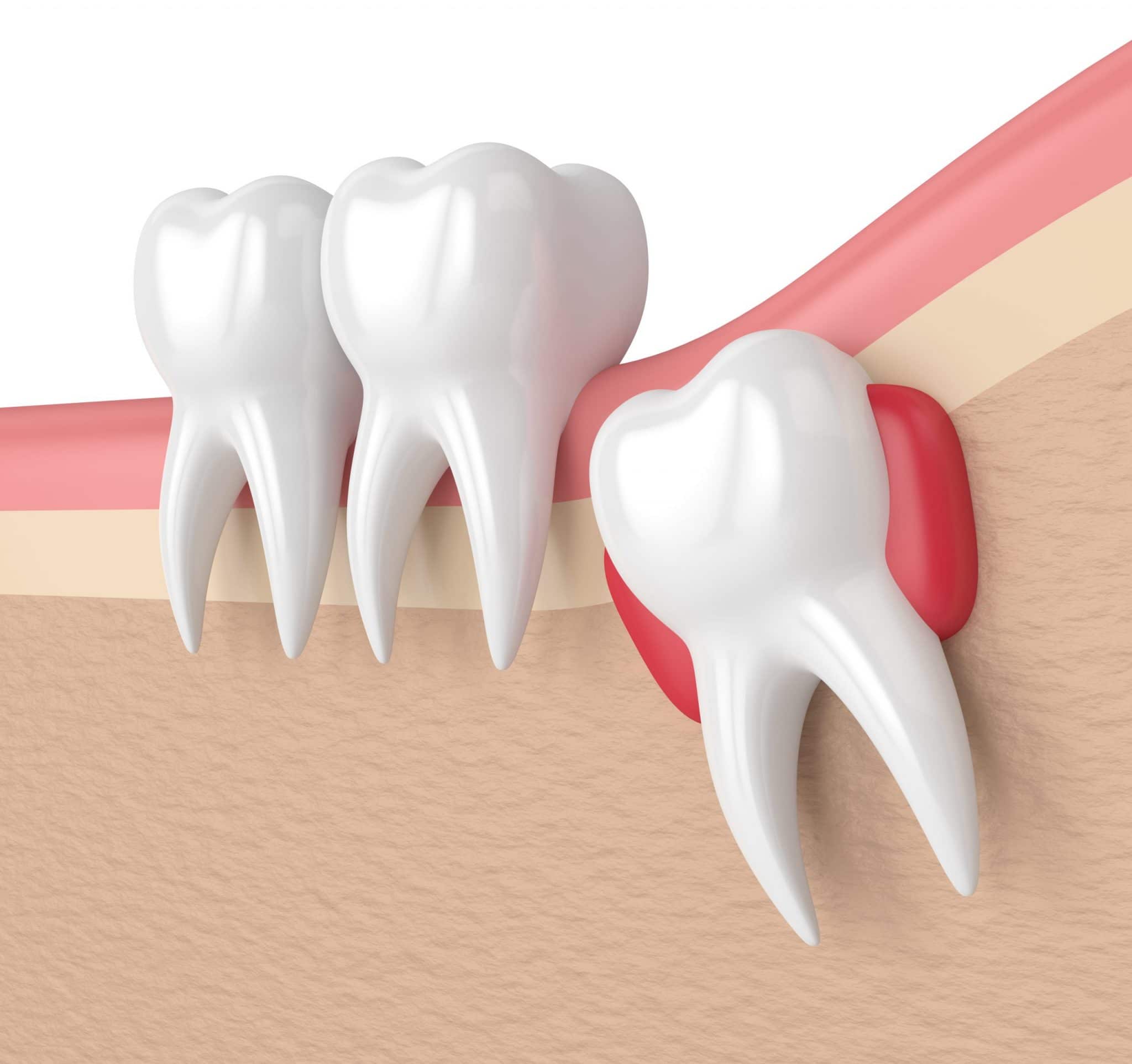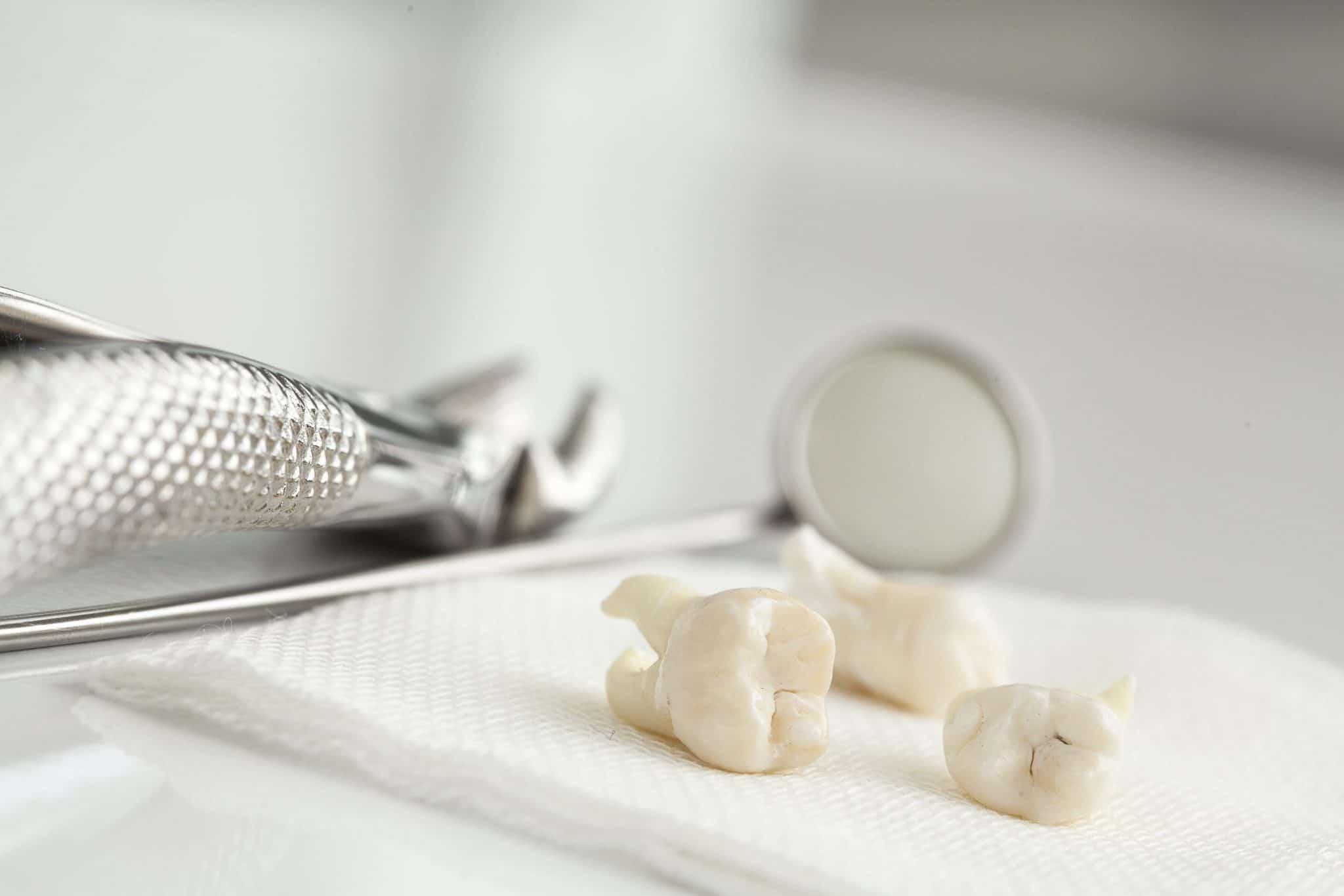Who Should Have Wisdom Teeth Removal?
Before having the procedure completed, your dentist will review the indications and benefits with you. In most cases, wisdom teeth removal is done in teenagers or younger adults. This is a time in life when your wisdom teeth have started to grow but may not have roots or affected the health of your teeth. Since it’s best to be preventative in this area, it’s a good idea to have them removed early rather than waiting for problems.
However, if you don’t have the teeth removed early, you can still have them removed if you’re experiencing problems. Anyone who starts to have problems with their wisdom teeth should also consider having them removed. This could mean that they’re infected or crowding out the other teeth in your mouth. If the tooth requires an in-depth approach, you’ll probably have to undergo a more invasive procedure with a longer recovery time.
Almost anyone can have their wisdom teeth removed. If you have certain health conditions or risk factors, your dentist may send you to a specialist or recommend non-surgical management. However, most people are able to have this procedure done safely with a fairly low recovery time.




